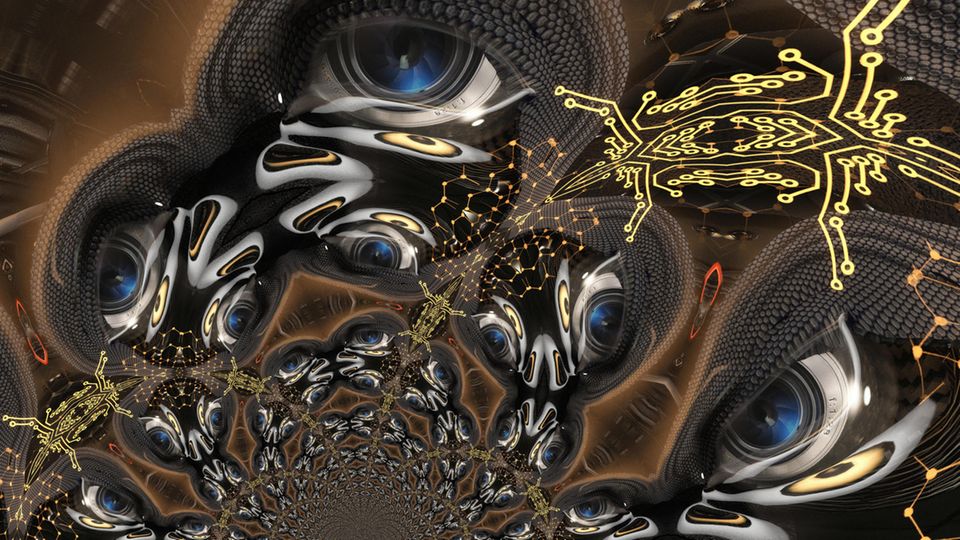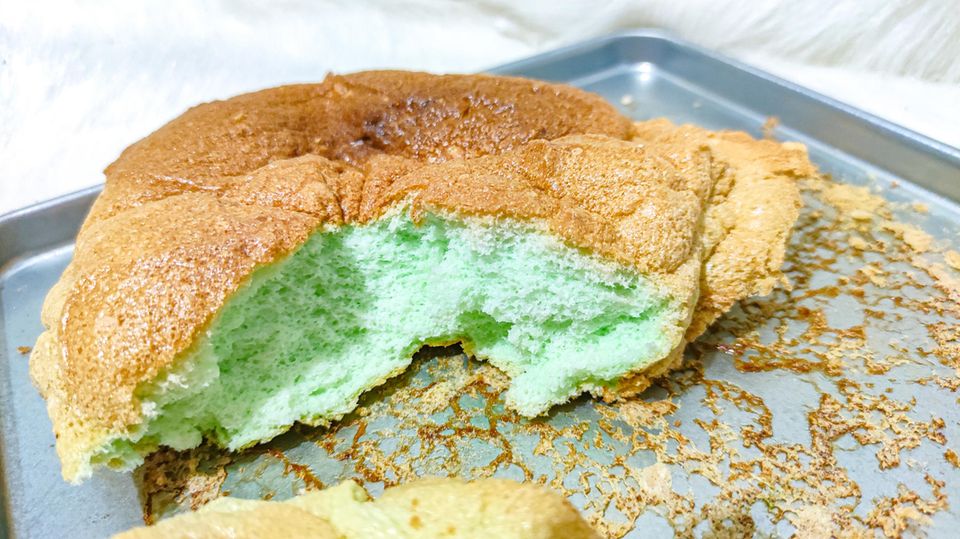Epik app
“90s Yearbook Challenge”: Celebrities are also taking part in the social media trend
It’s worth looking closely to recognize an AI photo
© instagram.com/kaipflaume
A new trend is dominating social media: In the “90s Yearbook Challenge,” users use artificial intelligence to create photos of themselves that look like yearbook photos from the 1990s. Numerous celebrities are also taking part – but where does the data end up?
Hardly anyone who is on social networks like Instagram or TikTok can currently avoid the new trend: In the “90s Yearbook Challenge”, users and celebrities publish photos of themselves in which they look in the typical look of the 1990s yearbooks can be seen. The trick: The photos are not real, but created using artificial intelligence. The app “Epik – AI Photo Editor” manages to equip users with original outfits and hairstyles from this decade.
Celebrities fuel the hype
Celebrities like Daniela Katzenberger, Lena Gercke, Annie Carpendale and Katja Burkard have already taken their fans on a journey back in time to the 1990s by publishing AI photos on their social media profiles. The person who made the challenge a real challenge for his followers is Kai Pflaume: In an Instagram post, he mixed real photos of himself from the 90s with the AI-generated images. Now he’s letting his fans guess which ones aren’t original from the 1990s. Pflaume writes: “This is the next Level 90’s Yearbook Challenge. I have real pictures of myself from the 1990s and also some that were created by an AI-controlled app. So I’m curious to see whether you can distinguish between real and artificial ?”
What is behind the AI app?
Because the hype surrounding the photos is currently so great, the Epik app is in the top charts of the most frequently downloaded apps in the App Store. Users should know these facts before using the AI application:
The company behind the Epik app is based in South Korea and is called “Snow Corporations”. Downloading the app is initially free. Only when users want to have yearbook photos created do they have to pay money for it. The express version costs 6.99 euros and provides 60 photos within two hours. The standard version costs 3.99 euros and it takes up to 24 hours for the photos to be delivered. In order for the artificial intelligence to be fed with material with which the tool can generate the “fake” 90s photos, users must upload 8 to 12 of their own portrait photos – these must be of good quality. The user receives a notification when the tool has finished creating the desired material. Of course, all of this will only be implemented once the user has accepted the data protection regulations.
During the whole process, sensitive data is collected: the uploaded photos, as well as private data such as email address, name, address, telephone number, browser search history, website, application and advertising interactions, audio information and of course visual information According to the development studio, they are saved for three years. Based on this, a profile of the person is created with characteristics, psychological trends, personal interests, behavior and even an intelligence assessment. If the user no longer uses the app, the data should probably be deleted again. However, there is no guarantee for this.




